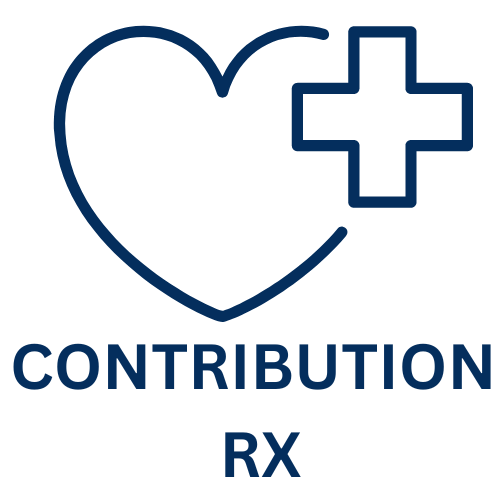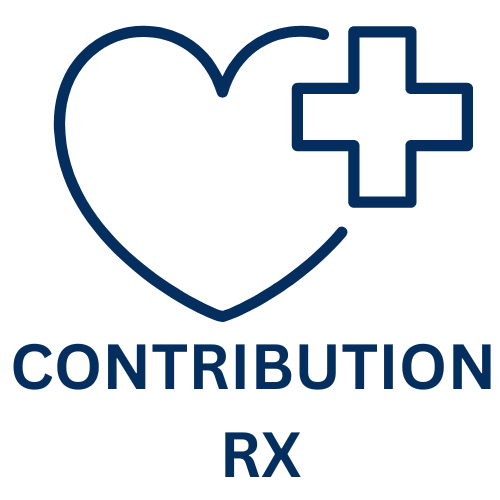Pain Meds
prescription medications
prescription medications
prescription medications, also known as prescription drugs, are pharmaceuticals that require a written or electronic order from a licensed healthcare provider, such as a physician, nurse practitioner, or dentist, before they can be dispensed by a pharmacist. These medications are often used to treat complex or chronic health conditions that require careful monitoring, precise dosing, and professional oversight. Prescription medications play a crucial role in managing various medical conditions, alleviating symptoms, preventing disease progression, and improving overall health outcomes for patients.
Here are some key aspects of prescription medication:
- Treatment of Medical Conditions: Prescription medications are prescribed to treat a wide range of acute and chronic medical conditions, including but not limited to infections, chronic diseases, mental health disorders, cardiovascular conditions, respiratory ailments, and autoimmune disorders. These medications may target specific disease mechanisms, alleviate symptoms, manage underlying causes, or prevent complications associated with certain health conditions.
- Professional Oversight: Unlike over-the-counter medications, prescription drugs require the authorization of a licensed healthcare provider who evaluates the patient’s medical history, conducts a physical examination, and makes a diagnosis before prescribing medication. This professional oversight ensures that prescription medications are appropriate for the patient’s condition, taking into account factors such as age, weight, allergies, concurrent medications, and underlying health conditions.
- Regulation and Safety: Prescription medications undergo rigorous evaluation and regulatory approval by government agencies, such as the Food and Drug Administration (FDA) in the United States, to ensure their safety, efficacy, and quality. Manufacturers must demonstrate the drug’s safety profile, effectiveness in clinical trials, and compliance with manufacturing standards before it can be marketed and prescribed to patients. Regulatory oversight continues after approval to monitor adverse reactions, drug interactions, and long-term safety concerns.
- Dosage and Administration: Prescription medications are prescribed at specific dosages and administration schedules tailored to the patient’s individual needs and medical condition. Healthcare providers consider factors such as the patient’s age, weight, kidney function, liver function, and severity of the condition when determining the appropriate dosage regimen. Patients are instructed to follow the prescribed dosage instructions carefully and to communicate any concerns or adverse effects to their healthcare provider.
- Accessibility and Availability: While prescription medications require a healthcare provider’s authorization, they are typically available at pharmacies and healthcare facilities for patients to obtain with a valid prescription. Patients may visit a local pharmacy to have their prescription filled or may have the option to use mail-order pharmacy services for home delivery of medications. Some prescription medications may be available through specialty pharmacies or specialty distributors for medications that require specialized handling or administration.
- Patient Education and Counseling: Pharmacists play a crucial role in providing patient education and counseling on prescription medication. They offer information about the medication’s purpose, dosage instructions, potential side effects, drug interactions, and precautions. Pharmacists also address any questions or concerns that patients may have regarding their medication regimen and provide guidance on medication adherence and proper storage.
- Monitoring and Follow-up: Patients prescribed with prescription medication often require ongoing monitoring and follow-up by their healthcare provider to assess treatment response, monitor for adverse effects, and adjust the medication regimen as needed. Healthcare providers may schedule follow-up appointments to evaluate the patient’s progress, order laboratory tests, or make modifications to the treatment plan based on clinical outcomes.
- Compliance and Adherence: Adherence to prescribed medication regimens is essential for achieving optimal therapeutic outcomes and preventing disease complications. Patients are encouraged to comply with their prescribed medication regimen by taking medications as directed, adhering to scheduled dosages, and completing the full course of treatment unless instructed otherwise by their healthcare provider. Non-adherence to prescription medications can compromise treatment effectiveness, worsen health outcomes, and increase healthcare costs.
In summary, prescription medications play a critical role in the diagnosis, treatment, and management of various medical conditions, providing patients with access to effective therapies under the supervision of licensed healthcare providers. While prescription drugs offer significant benefits for patients, it’s essential for healthcare professionals and patients alike to prioritize safety, adherence, and ongoing monitoring to ensure the optimal use of these medications and promote better health outcomes.


